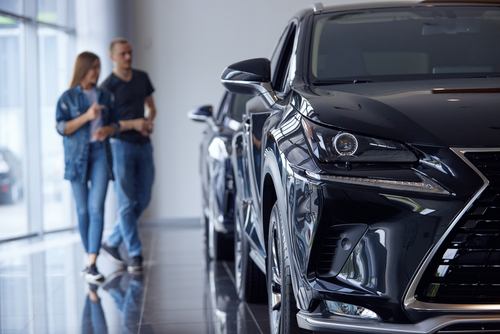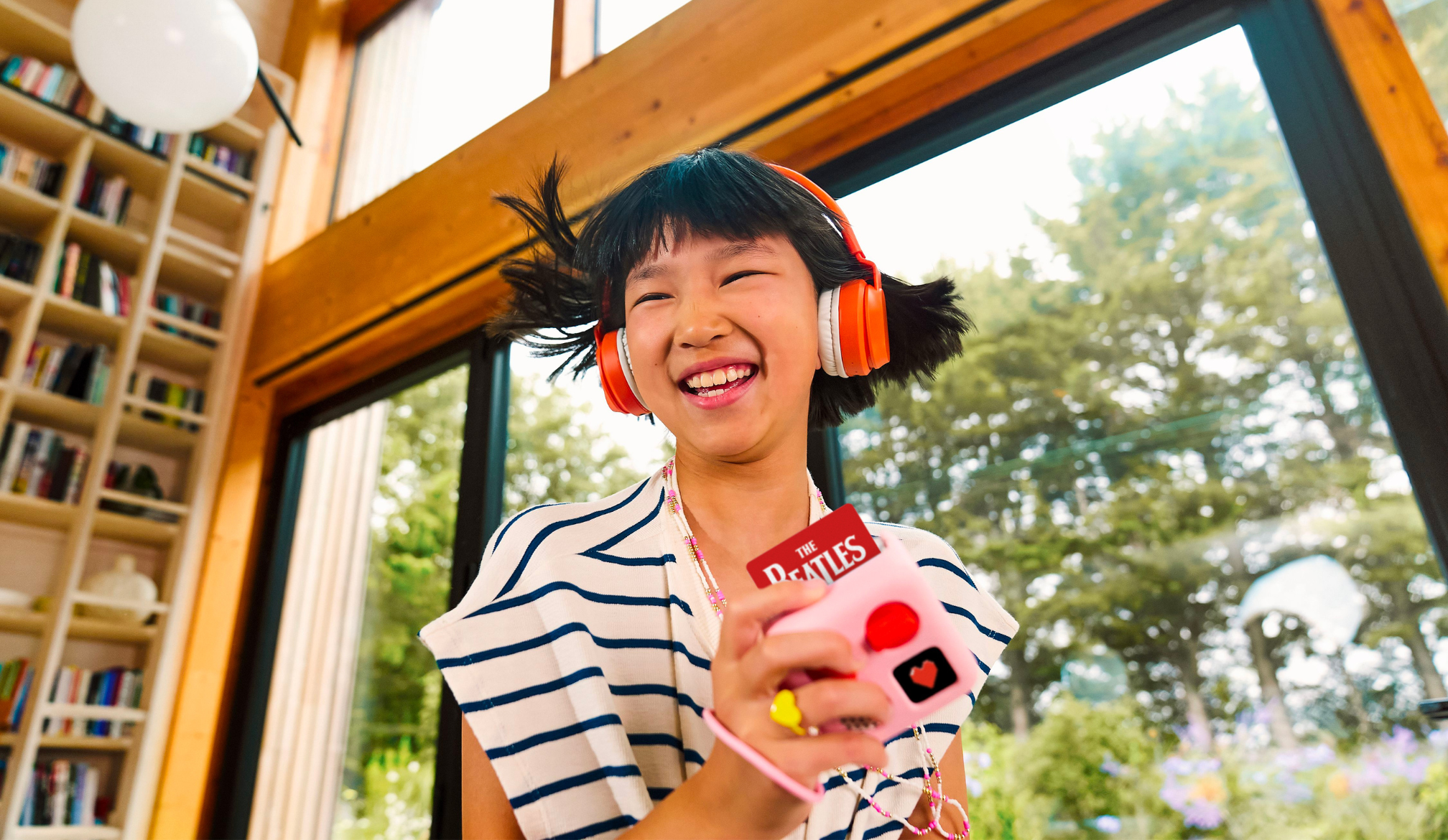Should Albanese ‘fight Tories’ harder? Or is blandness a safe bet in a fearful, populist world?
- Written by Dennis Altman, Vice Chancellor's Fellow and Professorial Fellow, Institute for Human Security and Social Change, La Trobe University

Anyone who reads Sean Kelly’s opinion pieces in the Nine newspapers will not be surprised to learn he is disappointed by the federal Labor government. The sense that, despite the lack of a credible opposition, the Albanese government is moving too slowly and cautiously is a widespread belief amongst Australians who identify loosely as on the left.
As I was writing this review, James Massola, chief political commentator for the Nine newspapers, wrote a column echoing this view[1]. A similar position was taken by The Australia Institute’s Amy Remeikis[2] who wrote, “Looking at this Labor government, you now have to wonder what are they waiting for?”
The Good Fight: What does Labor stand for? Quarterly Essay 100 – Sean Kelly (Black Inc.)
Kelly’s Quarterly Essay, The Good Fight[3], reflects these doubts, but in a tone different to that of an 800-word opinion piece. Kelly writes both personally and philosophically. He is interested in how we might think of the relationship between political beliefs and actions.
Rather like the prime minister, Kelly stresses he did not come from wealth. Only through a scholarship could Kelly attend a prestigious school. His previous experience includes working for former prime ministers Kevin Rudd and Julia Gillard and he is very aware of the lessons Labor has learnt from the successes and failures of those years.
The question of what a party stands for is currently most often thrown at the Liberals. But while Labor is in power in Canberra and all but two of the states, its basic beliefs are no longer obvious, beyond winning government.
The Good Fight addresses this question, but through a single-minded focus on Albanese. Frequently the prime minister refers to his “three great faiths: the Labor Party, the Catholic Church and the South Sydney Rabbitohs”. But this tells us little about his political beliefs, nor how the Labor Party he now leads differs from the party he joined as a young man.
Kelly clearly yearns for a party that is sufficiently committed to equity to take major steps towards the redistribution of wealth within Australia. He quotes Andrew Leigh[4], Assistant Minister for Productivity, Competition, Charities and Treasury, who warns we’re on track to an inequality comparable to that of the United States, an inequality increasingly obvious in our schools, housing and health systems.
To seriously wind back these disparities would require a far bolder government than currently sits in Canberra. And the need for boldness is a consistent theme running through the essay, a judgement that, “Labor has cast itself as a version of what the conservatives once were: the defenders of the way things are.”
Imagination and courage
Kelly points to the government’s unwillingness to change negative gearing and capital gains tax, but above all, to the continued exploitation and export of fossil fuels. The government’s claim that it is achieving its goals for emissions reductions is only plausible if one excludes the total impact of coal and gas exports[5].


Consider, too, Kelly’s claim that Albanese is carefully steering us away from too great a dependence on the US. He ignores what appear to be somewhat different emphases between Defence Minister Richard Marles and Foreign Minister Penny Wong in attitudes to the US alliance. I suspect Wong is at least as significant as the PM in shepherding shifts in Australia’s posture towards the US.
We also know there have been significant differences between Albanese and Treasurer Jim Chalmers, who seems less cautious than the prime minister[10]. For now, Albanese seems in command, but inevitably that cannot continue indefinitely.
For an essay about Labor, the overwhelming focus on Albanese is surprising. There are, after all, perhaps 60,000 members of the Australian Labor Party and significant affiliated unions. Even if their influence on government policy is declining, they are not inconsequential. Labor is also the various state premiers, Peter Malinauskas[11], Jacinta Allan[12], Chris Minns[13] and Roger Cook[14]. Although this essay focuses on “the enigma of the Albanese government” asking what Labor stands for should surely consider its role in the states, where over the past decade Labor governments have been dominant.
Not only does The Good Fight ignore the larger party, it also seems untethered in the ways in which Australia is changing. The decline of unions, the rapidly changing ethnic composition of our cities, the complex changes in assumptions around gender, have made us a different country to the one it was when Albanese first entered parliament almost 30 years ago.
Kelly recognises that left-wing parties in wealthy countries are struggling to find relevance in a rapidly changing environment. The Labor Party is challenged on the left by the Greens and Kelly is right when he claims Labor hates the Greens because there is truth in their criticisms that it too often avoids confronting vested interests and corporate power. Albanese might have claimed he was in politics to fight Tories, but at times he seems more inclined to work with them than with those to his left.
It is here I would mount a partial defence of Albanese, while largely agreeing with Kelly’s critique. In a world dominated by the rise of right-wing ethno-nationalism, whether it be leaders such as US president Donald Trump, India’s Narendra Modi[15], Russia’s Vladimir Putin[16], Israel’s Benjamin Netanyahu[17] or Reform UK’s Nigel Farage[18], maybe the task for any decent government is to prevent the triumph of these ideas in Australia.
Many of us long for the bravado of a Whitlam or a Keating. But the failure of the Voice referendum showed Australia is not immune to populist fear-mongering. Albanese’s blandness may be a safer option in the current world.
References
- ^ echoing this view (www.smh.com.au)
- ^ Amy Remeikis (australiainstitute.org.au)
- ^ The Good Fight (www.blackincbooks.com.au)
- ^ Andrew Leigh (www.andrewleigh.com)
- ^ excludes the total impact of coal and gas exports (www.unsw.edu.au)
- ^ AUKUS (theconversation.com)
- ^ folded into those of the US (www.lowyinstitute.org)
- ^ reduce economic inequality (en.wikipedia.org)
- ^ factional deals (www.abc.net.au)
- ^ less cautious than the prime minister (www.abc.net.au)
- ^ Peter Malinauskas (www.premier.sa.gov.au)
- ^ Jacinta Allan (www.parliament.vic.gov.au)
- ^ Chris Minns (www.parliament.nsw.gov.au)
- ^ Roger Cook (www.wa.gov.au)
- ^ Narendra Modi (www.narendramodi.in)
- ^ Vladimir Putin (www.britannica.com)
- ^ Benjamin Netanyahu (www.britannica.com)
- ^ Nigel Farage (www.britannica.com)

















